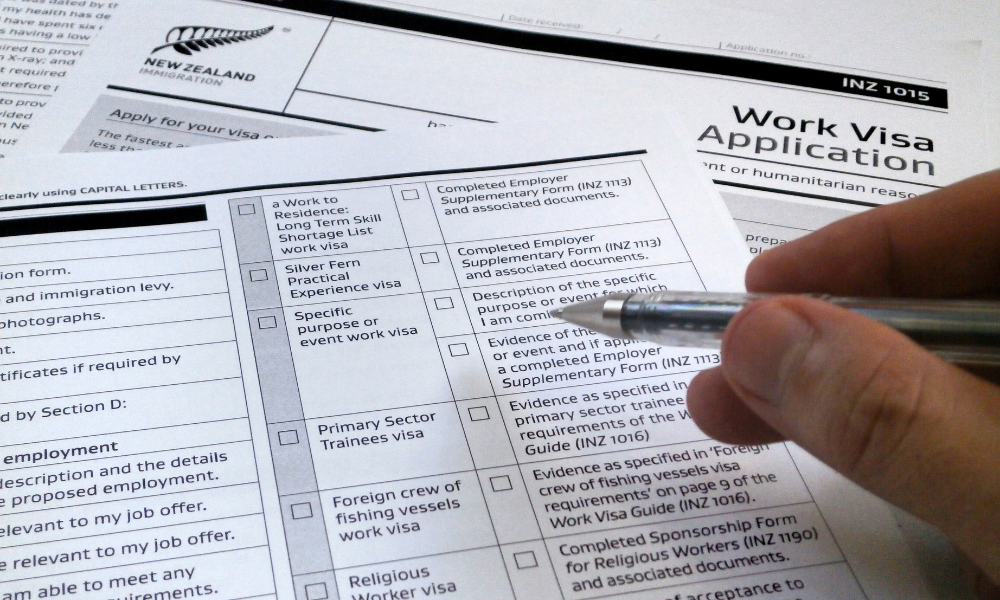
ERA examines employment protection vs international payments

The Employment Relations Authority (ERA) recently dealt with a case that tested the reach of New Zealand's employment laws beyond its borders, specifically regarding fees paid to secure employment within the country.
A migrant worker brought this case forward, questioning whether New Zealand's Wages Protection Act 1983 could address payments he made overseas to obtain employment in New Zealand. The worker sought to recover these payments, which he argued were unlawful employment premiums.
The worker requested the ERA to refer his case to the Employment Court, citing potential implications for other migrant worker cases involving overseas payments for New Zealand-based work.
The worker said that a company director asked him to pay fees to secure employment in New Zealand. He made these payments through various methods: bank transfers to an account nominated by the director, as well as cheque and cash payments to another party, though he later withdrew claims against this third party.
The case centred on section 12A of the Wages Protection Act 1983, which prohibits employment premiums. The worker acknowledged a potential hurdle in the existing case law: the Employment Court's decision in Mehta v Elliot (Labour Inspector) [2003] had found that this section did not have "extraterritorial application."
To support his position, the worker cited a more recent Employment Court case, Labour Inspector v New Zealand Fusion International Limited [2019], which questioned the scope of the Mehta decision.
The Court in that case noted: "That judgement was viewed as preventing recovery action for a bond paid out of the jurisdiction. I am not sure that it is the impediment that [the Labour Inspector] perceives."
The ERA considered two potential legal pathways under the Employment Relations Act 2000. Section 177 allows the Authority to refer questions of law to the court during an investigation, while Section 178 permits the removal of matters to court if specific criteria are met.
The employer company opposed the application for removal to the Employment Court. The Authority noted their position: "The current law is settled, and any referral would needlessly prolong proceedings and put both parties to significant further, and unnecessary, costs."
The Authority determined that Section 177 did not apply as the investigation had not yet started. They then examined whether the case met the criteria under Section 178, which allows removal if an important question of law is likely to arise or if public interest requires court intervention.
The worker argued this legal question needed to be resolved before the Authority could address his premium recovery claim. He stated the issue was "significant to a number of cases, including numerous migrant exploitation cases before the Authority."
The Authority responded: "The law in this respect is settled. The court's decision in Mehta is well-known, and has been in place for more than 20 years. [The worker] is not prevented from arguing before the Authority that there is, properly viewed, no bar to the recovery of the premiums he says were paid, because his matter can be distinguished."
The Authority explained that while many migrant workers might seek to recover premiums, each case turned on its specific facts:
"Although it may be said that there are numerous cases where migrant employees seek to recover premiums... whether a premium is made out and/or recoverable is a question of fact in those cases."
The Authority ultimately declined the application, stating: "The tests for removal of this matter to the court are not met, as the criteria for removal set out in s 178 have not been satisfied, and the requirements for referral by the Authority set out in s 177 do not apply." They noted that if requested, standard costs of $4,500 might apply for a one-day investigation meeting.